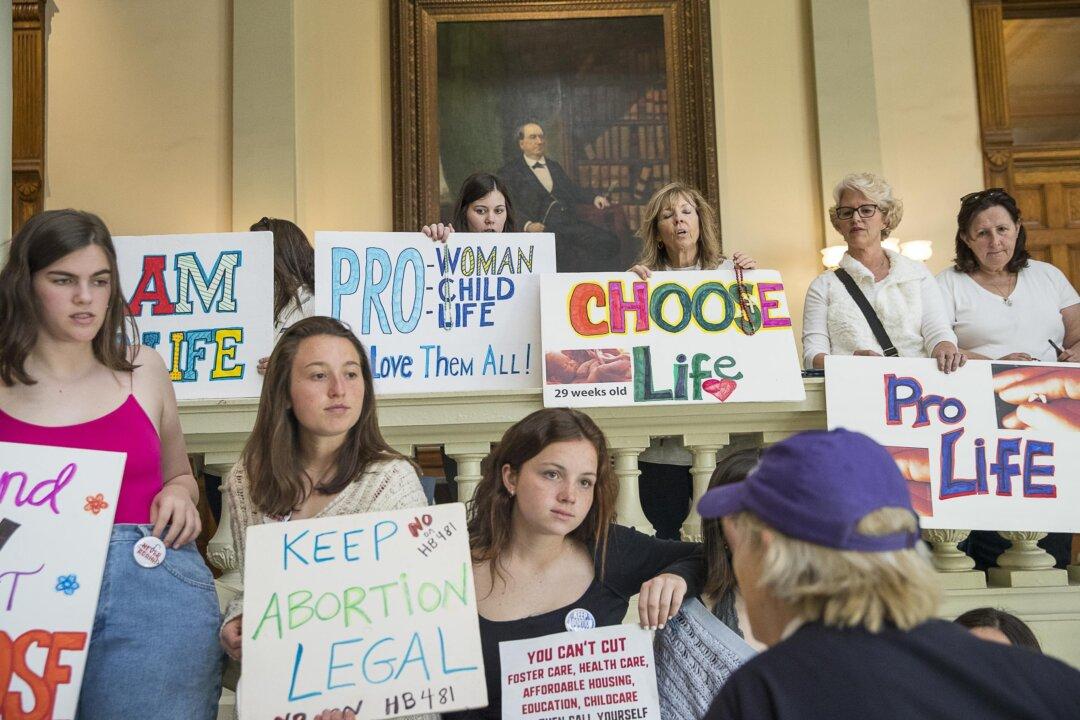The Supreme Court of Georgia voted 6–1 on Oct. 24 to uphold the state’s six-week abortion ban.
The lawsuit against the ban was one of many nationwide that have been adjudicated in the wake of restrictive abortion laws that have followed the U.S. Supreme Court’s June 2022 decision in Dobbs v. Jackson Women’s Health Organization that overturned Roe v. Wade. In that case, the U.S. Supreme Court found that there was no right to abortion in the U.S. Constitution and returned the regulation of abortion to the states.





